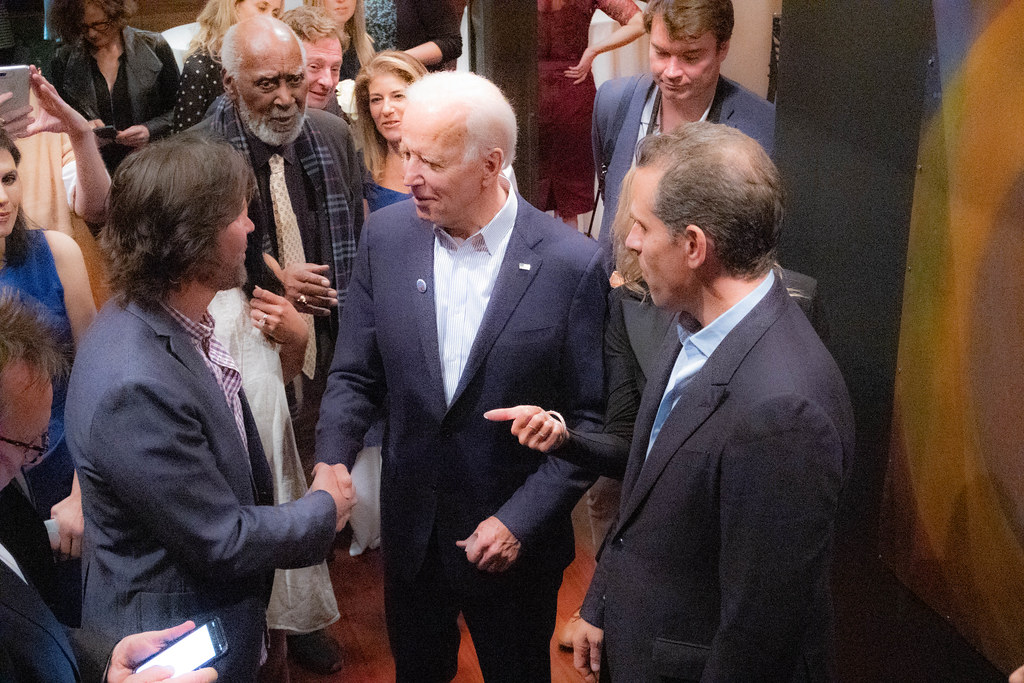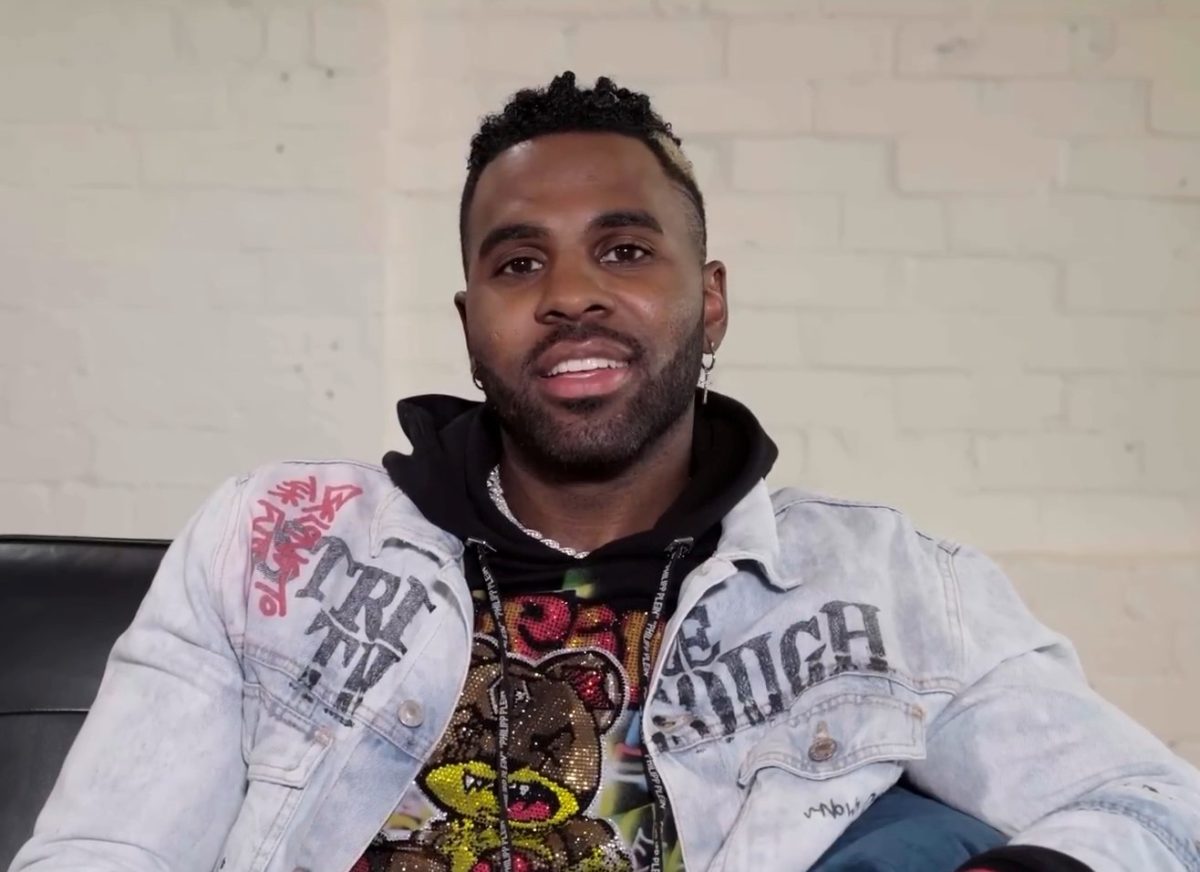All over the news on Monday was the pardon of Hunter Biden, scorned by politicians from both parties, and perhaps sensationalized by news networks.
Joseph R. Biden is at the end of a long, successful, but ultimately tragic political career. Born in Pennsylvania, then a Senator for the “Liberty and Independence” State (Delaware), Vice President for Barack Obama, and then President himself, he is also the head of the executive branch with the lowest 13th quarter approval rating since Dwight Eisenhower at 38.7%, according to the Washington Times.
Biden’s own party pushed him out of running for a second term this summer, and then that party lost when running Biden’s choice for Vice President, Kamala Harris, lost. Despite four years of dealing with the effects of the pandemic, working to reduce inflation, and attempting to sponsor new technology (such as the local Micron plant), the Biden-Harris administration unfortunately did not do enough, fast enough, to please the public into voting one of them back into office. It is no wonder that Biden reneged on his promise not to pardon Hunter Biden: his political career is over, and the only thing left for him to worry about is his legacy, which arguably, pardoning his son will not do much to change.
Presidents have abused pardons conspicuously in recent years, such as George H.W. Bush’s pardon of former Defense Secretary Caspar Weinberger, convicted in the Iran-Contra Scandal, and Bill Clinton’s pardon of Marc Rich, who was on the run at the time of his pardon, according to the Brennan Center for Justice’s piece “How to Prevent Abuse of the President’s Pardon Power.” Donald Trump pardoned Jared Kushner’s father, and now has placed him as ambassador to France. The Brennan Center for Justice also suggests an amendment against pardons being given in flagrantly wrong cases, such as when they are given in exchange for bribes, but given the long history of pardon abuses, it is unlikely this will ever pass.
Citing the APUSH textbook The American Pageant, Andrew Johnson, though nearly impeached for mostly political reasons (technically for violating the Tenure of Office Act when he fired Edwin Stanton, Secretary of War), also pardoned scores of Confederate generals, perhaps a sign of sympathy to the South, but more likely overzealousness when trying to patch up relations with the South. In the end though, a pardon is a check and balance against the judicial system, in theory. If none of the Confederate generals were forgiven, Reconstruction would have been far more centered on punishing the South, and it is unlikely that they would have been forgiven without Johnson’s intervention.
This all goes to show that a single errant pardon from Biden would not overcomplicate his legacy, leaving him with absolutely no reason not to pardon his son, except maybe an ethical one. Looking from the President’s perspective though, it is easy to imagine this move as one motivated by frustration at previous Presidents, thinking that if they could do it, maybe it was his turn. Additionally, though Biden probably has ascertained the tough logic to accept his son’s guilt, it is not within the realm of possibility that he can’t accept seeing his son in prison for something the President does not believe that his son did.
Without a constitutional amendment to restrict pardons in the works anywhere other than certain corners of the internet, it would not be surprising to see a few more unjustified pardons from the Trump Presidency, and from Presidencies to come. Our country is too populous to have a full democracy, and we must accept that some displeasing decisions will be made by those we choose to make decisions.









